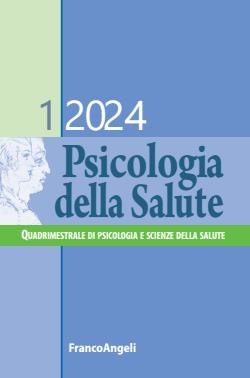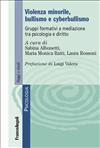
Lo psicologo clinico nel contesto scolastico
Questo manuale vuole mettere a disposizione di studenti, psicologi e operatori coinvolti nella gestione dell’educazione e della cura degli adolescenti un modello di intervento sul gruppo, declinato in specifiche tecniche descritte e applicabili nella scuola e nei contesti all’interno dei quali è necessario un intervento sul gruppo di adolescenti.
cod. 8.48

